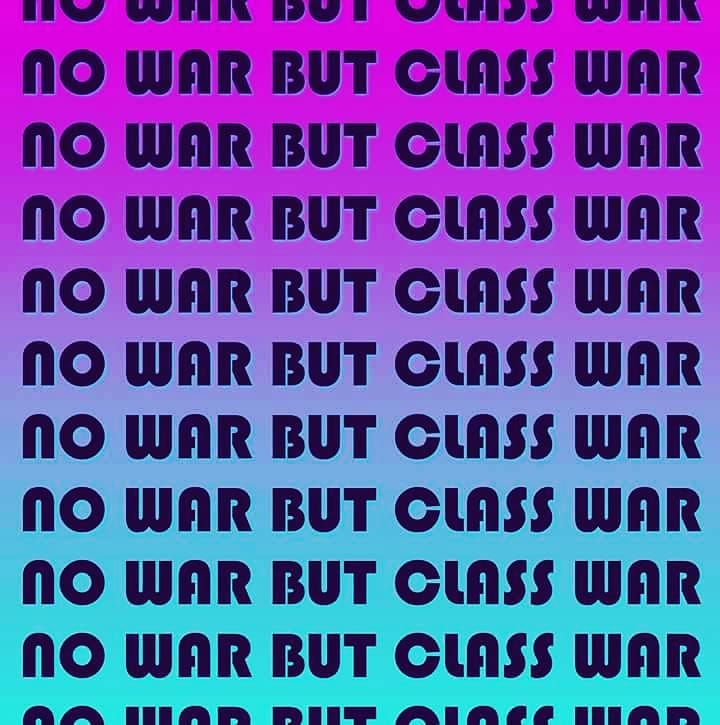Missing Story
Here’s a type of story I don’t know how to tell.
Imagine you meet a 4-year-old that you expect to see regularly for the next 20 years and that you know has been and will continue to be badly hurt on many days between now and then. You can see that they are isolated and abused and unable to value their current self. And nothing you can do 1At least nothing sane or legal. The only reliable, legal change you could accomplish is a years-long dependency action that will definitely be traumatic and generate intentional punishment from the state, that might lead to punishment from others, and that only has a 1/3 chance of making things better in any way for any amount of time. … Continue reading for the next two decades will make that different. You can poke into their lives and make yourself a point of connection, but you won’t be able to intervene in the abuse, or to significantly change the way their local social network operates.
What story would you tell them that isn’t “stay alive and eventually you can escape”?
“Wait 6 times longer than you’ve been alive to feel better” isn’t a useful message. Becoming a person who is happy with their life is both a better short-term coping skill and a better long-term survival skill. I don’t think it’s my fault I had a shitty life – even when I was young I was never worried about whose fault it was because I could see that fault was unrelated to outcomes – but shitty was definitely was my assigned role. There were costs to living a life outside of that role so I learned to be a person who was happy inside of it.
I no longer feel like waiting is my only option. I did flee and it worked great and all it cost me was a few decades and my whole self.
In fact I sort of like making changes, and becoming different people. I’ve done it a lot in my life and it sometimes lets me do amazing things 2Change feels easy now. Sometimes so easy that I step off the train and have to talk myself into going home. Being able to give things up lets me be a different person and want different things. But I don’t know where to draw the line, between bits of myself I should keep and bits I should let go. I know how to be satisfied with my life when … Continue reading. In the last decade I moved to the coast and started a robot team and fought the patriarchy in court and took in an old friend and installed a gay poly mod and changed my name and got a dog and added a young person to my household and became a mascot.
But I still don’t know a better story to tell 4-year-old me, when I try to connect with them. I’m pretty sure it has to be a story where the oppression is personal and ongoing and is supported even by people who care about you, because fighting it would be worse than accepting it.
I don’t know a better story to tell myself now, when I stare at a thing I can’t change but want to keep. And I don’t know what story to yell at you when you are in the same situation – accepting abuse because it’s rational and you think you can bear it.
One of you told me today about things you were doing to respond to being hurt. And about plans you made to avoid being hurt during hard times you could see coming. It made me feel proud and safe, knowing that you were able to protect yourself. It feels like hope in today’s search for a story.
It’s easy for me to worry that wanting to be accepted (or credentialed or otherwise validated) makes it hard to prioritize your current self. I really appreciate you sharing your thinks and feels about it and letting me see your whole response. It’s still hard for me to smell the parts that will and have hurt you, but the goal isn’t a path free from pain, it’s a path the points where you want to go, and the support to make it bearable.
ZiB
—
Sent from a phone.
Stars for Later
| ↑1 | At least nothing sane or legal. The only reliable, legal change you could accomplish is a years-long dependency action that will definitely be traumatic and generate intentional punishment from the state, that might lead to punishment from others, and that only has a 1/3 chance of making things better in any way for any amount of time. You’ve got slightly different options in civil court but not better ones, and they come with twice the chance to empower the worst parts of the status quo. |
|---|---|
| ↑2 | Change feels easy now. Sometimes so easy that I step off the train and have to talk myself into going home. Being able to give things up lets me be a different person and want different things. But I don’t know where to draw the line, between bits of myself I should keep and bits I should let go. I know how to be satisfied with my life when I’m homeless and I know how to be satisfied with my life when I have a house. It’s not a choice of a thing I want or don’t want to be happy. It’s a matter of who I have to become to make that life work, and whether that person is me. |
